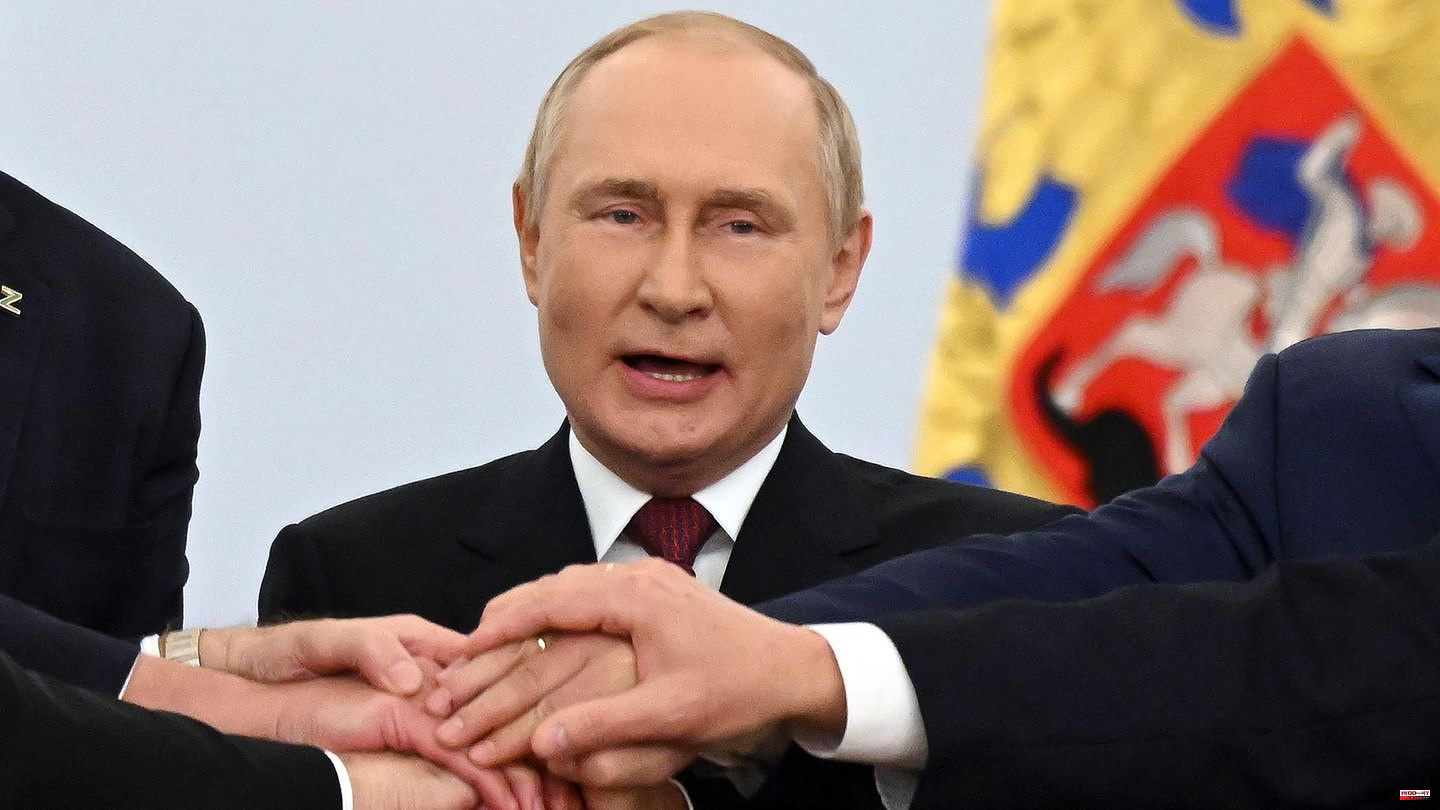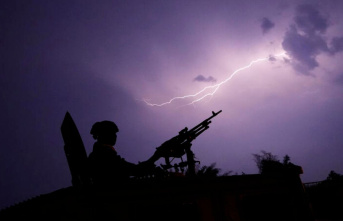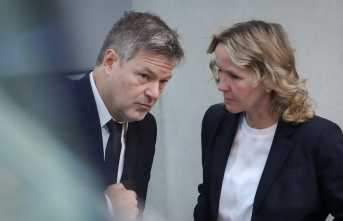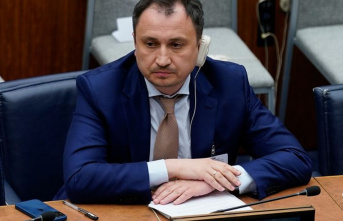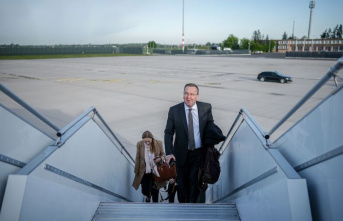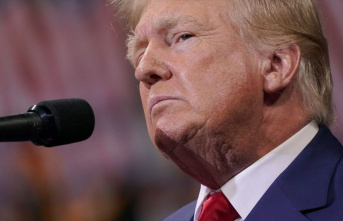Even before the first ballots fluttered into the transparent ballot boxes in eastern Ukraine, it was clear that the region would in future belong to Russia. 99 percent of those who took part in the referendum on joining the Russian Federation are said to have been in favour. At least that's what the poll workers want to have counted. It is difficult to reconstruct who and, above all, how many East Ukrainian citizens actually voted for "union with the Russian motherland". Pro-Russian supporters and Russia representatives made sure of that during the sham referendum – with transparent ballot boxes, home visits and voting in front of armed men.
This caused resignation among the residents in the affected regions. The people here had nothing to decide, was the tenor. But a combative voice was also raised. "Strange, we from Donbass and all our relatives in eastern Ukraine are happy to be returning home," wrote a reader from Oberallgäu to the star.
Is Putin still so happy? Sham referendums and annexation had been waved through in an urgent procedure. A mistake, as now becomes clear a few days after the ceremonial handshake between the Kremlin boss and the heads of the four annexed regions. Because the current situation in the annexed regions is by no means as clear as is always communicated from Moscow.
The main problem: the demarcation. Wars are usually characterized by their complexity. The conflict in Ukraine is no exception. Although the Cherson and Zaporizhia regions are occupied by Russian troops, they are still partly controlled by the Ukrainian military. Although the majority of Ukrainians living there voted in favor of annexation to Russia according to a sham referendum, the "exact borders" of the regions still have to be clarified, as Kremlin spokesman Dmitry Peskov has now announced. The "residents (...) will be consulted" for this. In contrast, Luhansk and Donetsk are different: the regions would be recognized by Russia "within the borders of 2014".
The annexation is not a Russian victory ride and Putin is hardly a step closer to his war goal. Because currently he has not the slightest idea how big his empire is and where it is geographically reaching its limits.
That should make it easier for Ukraine to continue claiming the territories. Kyiv is already using the Russian uncertainty to create clarity. Zelenskyy is already trying to win the trust of his own population in the occupied and "annexed" areas. "Russian propagandists intimidate people in the areas still controlled by the occupiers, saying that Ukraine will consider almost everyone who stays in the occupied territories as collaborators. Absolutely crazy stuff," the Ukrainian president said in his daily video address on Monday . Anyone who hasn't offered their services to the Russians has nothing to fear, he said.
From the start, Putin made no friends with the invasion. Few would have expected that with the progressing armed conflicts there could be even fewer. But now even states that were once close to Putin are expressing criticism. India, China and Turkey, for example, had already criticized the war and the planned annexation the week before.
Chechnya, Estonia, Latvia, Lithuania, Montenegro, North Macedonia, Poland, Romania and Slovakia have now issued a joint statement condemning Russia's actions and reaffirming their "support for the sovereignty and territorial integrity of Ukraine". They would "never" recognize the union with Russia. In addition, Russian ambassadors were summoned to several countries, including Chechnya, Germany, Italy, Austria and Belgium, as well as to the European Union. The Chechen foreign minister criticized the annexation as "criminal aggression" and "robbery of territories".
In Moscow, one might be asking how the situation can still be saved. Maybe with new troops? The apparent annexation should be anything but conducive to the morale of the Russian armed forces. Moscow is trying to get the personnel problem at the front under control. But the recruits sent there - and those who will follow - are not only likely to be poorly trained, but also to be critical of the whole heckmeck anyway. Those who could fled abroad before being recruited, those who didn't make it reported the dramatic conditions in the Russian military and at the front. Many Russians are therefore already questioning the sense of the war. Instead of unity, military expert Carlo Masala from the University of the German Armed Forces in Munich is observing "signs of disintegration" among the Russian troops.
Given the chaotic situation, it is also unlikely that Ukrainian recruits from the annexed areas willingly side with the invaders against their country.
Putin has long since missed the time to pull himself out of this conflict with some degree of face-saving. With the annexation, he didn't secure a victory for himself – rather he shouldered another embarrassment.

